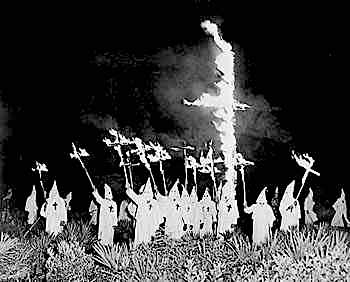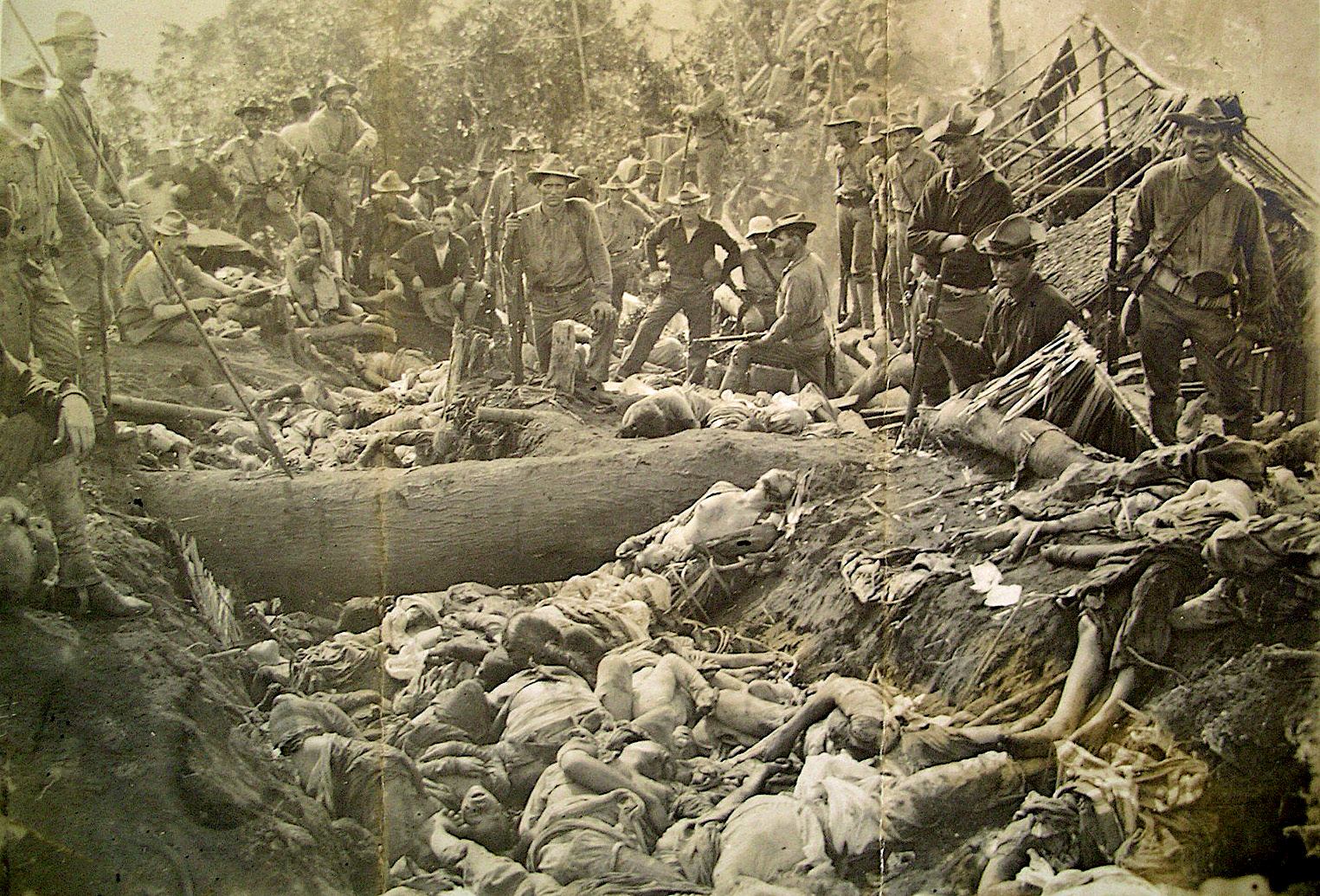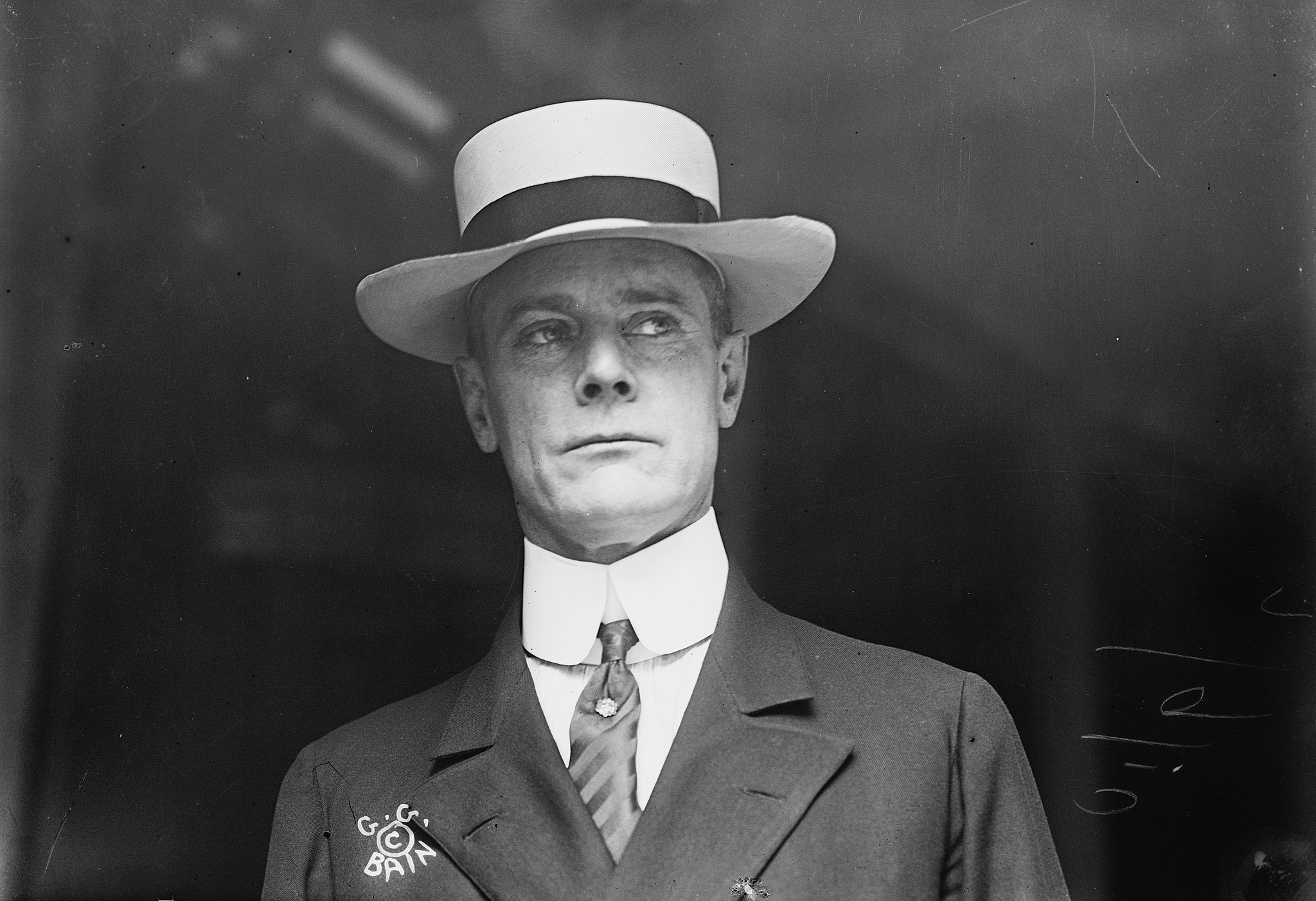The Calamity of America’s ‘Divine Mission’
By Bruce Fein, February 10, 2023
Robert Kagan’s monumental error is his failure to acknowledge that Americans, like the rest of mankind, are made of crooked timber craving power for its own sake
Prolific author Robert Kagan’s latest elevation of Americans to God’s new chosen people leaps from the 688 pages of his new book, The Ghost at the Feast: America and the Collapse of World Order, 1900-1941. It is probable that none wish it were longer, as sage Samuel Johnson said of John Milton’s Paradise Lost.
The lion’s share of Kagan’s handiwork is a workmanlike chronicling of United States politics and foreign policy from the explosion of the U.S.S. Maine in Havana Harbor, Cuba, in 1898 through Pearl Harbor in 1941. The chronicle is meticulous but no literary equivalent of the Hope Diamond.
The gist of Kagan’s intellectually stimulating and imaginative argument goes something like this: Americans are endowed with a disproportionate percentage of angelic, altruistic DNA compared with non-chosen others. Uniquely among nations, the United States wishes to make other people happier, freer, and wealthier by fighting against corruption and tyranny abroad.
The United States is capable of engineering those wonderful results if supported by sufficient money, staying power, and military force. Thus, the United States, among other wonderful things, could have brought a prosperous peace to Europe and prevented World War II if only it had brandished its military and financial might to compel Germany, Italy, Japan, France, and Great Britain to follow its design for a new world ord
er under the auspices of the League of Nations, which the U.S. should have joined. No Hitler, no Anschluss, no Munich, no Pearl Harbor.
Further, Kagan maintains, emancipating foreign nations from the Dark Ages is the optimal path to optimal democracy, liberty, and prosperity in the United States. He has no moment for Secretary of State John Quincy Adams’ July 4, 1821, address to Congress expounding the foreign policy of the United States contrary to Kagan’s gospel:
“Wherever the standard of freedom and Independence has been or shall be unfurled, there will her heart, her benedictions and her prayers be.
But she goes not abroad, in search of monsters to destroy.
She is the well-wisher to the freedom and independence of all.
She is the champion and vindicator only of her own.
She will commend the general cause by the countenance of her voice, and the benignant sympathy of her example.
She well knows that by once enlisting under other banners than her own, were they even the banners of foreign independence, she would involve herself beyond the power of extrication, in all the wars of interest and intrigue, of individual avarice, envy, and ambition, which assume the colors and usurp the standard of freedom.”
The fundamental maxims of her policy would insensibly change from liberty to force….
She might become the dictatress of the world. She would be no longer the ruler of her own spirit….”
Defending Imperial Conquest
Kagan defends the 1898 Spanish-American War (including the conquest of the Philippines, Guam, and Puerto Rico) as substantially inspired by a benevolent objective of rescuing the Cuban people and Filipinos from the atrocities or cruelties of Spanish rule. Is that benign motive credible?
Let us set the scene. Blacks then fought in segregated units. (The United States Armed Forces remained segregated until an executive order issued by President Harry Truman in 1948). Celebrated Col. Theodore Roosevelt maintained,
“Negro troops were shirkers in their duties and would only go as far as they were led by white officers.”
Do you think Cubans and Filipinos viewed racist American military forces as their salvation? Moreover, the urgent need to relieve human misery and racist persecution at home was then far greater than the nation’s plausible supply of altruism or magnanimity for the world.
White supremacy was in the catbird’s seat. Lynching blacks with impunity after Reconstruction was commonplace. Blacks were de facto or de jure disenfranchised through discriminatory laws or terror. The odious separate-but-equal doctrine was constitutional law.

The Ku Klux Klan was thriving. President Woodrow Wilson would later give a rave review to the racist film The Birth of the Nation which incited more black lynching after a screening in the White House: “It’s like writing history with lightning. My only regret is that it is all so terribly true.”
Treaties with Indian tribes were broken as routinely as the rising and setting of the sun. The Wounded Knee Massacre of the Lakota people was less than a decade old.
The Chinese Exclusion Act and unforgiving discrimination against Japanese and Chinese immigrants in jobs, professions, and property ownership was worthy of a Charles Dickens novel. Women were consigned to second-class citizenship, and generally denied the franchise or jury duty.
Supreme Court Justice Joseph Bradley opined in Bradwell v. Illinois (1873): “The paramount destiny and mission of women are to fulfill the noble and benign offices of wife and mother. This is the law of the Creator.”
How could the United States ever be Dr. Jekyll abroad if it remained Mr. Hyde at home?
For the Sake of War
Kagan’s mind is locked shut against the idea that all Empires and self-proclaimed chosen people like the United States fight wars for the sake of war and amour propre, not over genuine national security or benevolence for mankind.
The latter is facially absurd because war not in self-defense constitutes the legalization of first-degree murder ordinarily punished by death. The economist Joseph A. Schumpeter was right on the money in describing the Roman Empire as emblematic of all Empires in fighting pointless wars for the sake of domination and control:
“There was no corner of the known world where some interest was not alleged to be in danger or under actual attack. If the interests were not Roman, they were those of Rome’s allies; and if Rome had no allies, then allies would be invented. When it was utterly impossible to contrive such an interest—why, then it was the national honor that had been insulted.”
The greatest beneficent influence the United States can assert abroad is by example, not by bayonets in search of monsters to destroy. Senator Henry Clay, in rebuffing Hungary’s plea to enlist the United States in support of its defense against a Russian invasion in 1848-49, elaborated:
“Far better is it for ourselves, for Hungary, and for the cause of liberty, that, adhering to our wise, pacific system, and avoiding the distant wars of Europe, we should keep our lamp burning brightly on this western shore as a light to all nations, than to hazard its utter extinction amid the ruins of fallen or falling republics in Europe.”
It is difficult to discern what beneficence the United States brought to Cuba or the Philippines or itself through the Spanish-American war. The United States forced the Guantanamo Bay naval base perpetual lease onto Cuba. It chronically intervened in Cuba’s internal affairs for decades.
Then the U.S. boosted the military-political fortunes of dictator Fulgencio Batista, who yielded to Fidel Castro’s Communist Revolution in 1959. Then came the Bay of Pigs fiasco and the Cuban Missile Crisis which brought the world to the brink of extinction. Cuba remains to this day an impoverished military dictatorship.
Slaughtering Filipinos

The Philippines fared no better. The United States crushed Filipino self-determination in the Philippine-American War, 1899-1902, featuring waterboarding, massacres, 200,000 Filipino civilian deaths, and the killing of 20,000 Filipino combatants who had the audacity to subscribe to the universal principles proclaimed in the American Declaration of Independence.
The United States ruled the Philippines as a colonial possession until 1946 shortchanging its opportunity for political maturity. The United States supported the dictatorship and plundering of Philippines dictator Ferdinand Marcos in exchange for Subic Bay Naval Base and Clark Air Force Base. The hatred that Marcos awakened in the Filipino people occasioned his fall from power in 1986. Today, the Philippines is ruled by Marcos’ son offering little breathing room for democracy.
Kagan’s monumental error is his failure to acknowledge that Americans, like the rest of mankind, are made of crooked timber craving power for its own sake.
Kagan, like hundreds of millions of other Americans, has deluded himself into believing that we are a chosen, exceptional people tasked by God to expand good in the world and to contract evil – by force of arms if necessary. We will succeed if we only try hard enough.
How Empires Die

Senator Albert Beveridge of Indiana captured the essence of Kagan’s thinking about the United States as a white knight in a Jan. 9, 1900, speech defending the American conquest of the Philippines:
“God has not been preparing the English-speaking and Teutonic peoples for a thousand years for nothing but vain and idle self-contemplation and self-admiration. No! He has made us the master organizers of the world to establish system where chaos reigns. He has given us the spirit of progress to overwhelm the forces of reaction throughout the earth. He has made us adepts in government that we may administer government among savage and senile peoples. Were it not for such a force as this the world would relapse into barbarism and night. And of all our race He has marked the American people as His chosen nation to finally lead in the regeneration of the world. This is the divine mission of America, and it holds for us all the profit, all the glory, all the happiness possible to man. We are trustees of the world’s progress, guardians of its righteous peace.”
Senator Beveridge’s chosen people orthodoxies, echoed by Kagan albeit in lower octaves, remains ascendent in contemporary America. In President George W. Bush’s second inaugural address, for example, bugled,
“The great objective of ending tyranny [in the world] is the concentrated work of generations. The difficulty of the task is no excuse for avoiding it.”
All Empires, including the American strain, die from an insatiable craving for power, like Napoleon’s fatal blunder in marching to Moscow in winter and torching the city. The epitaphs of Empires are alike: “Here lies a chosen people.”
Kagan is blind to the calamitous destination he is urging on the American people.
